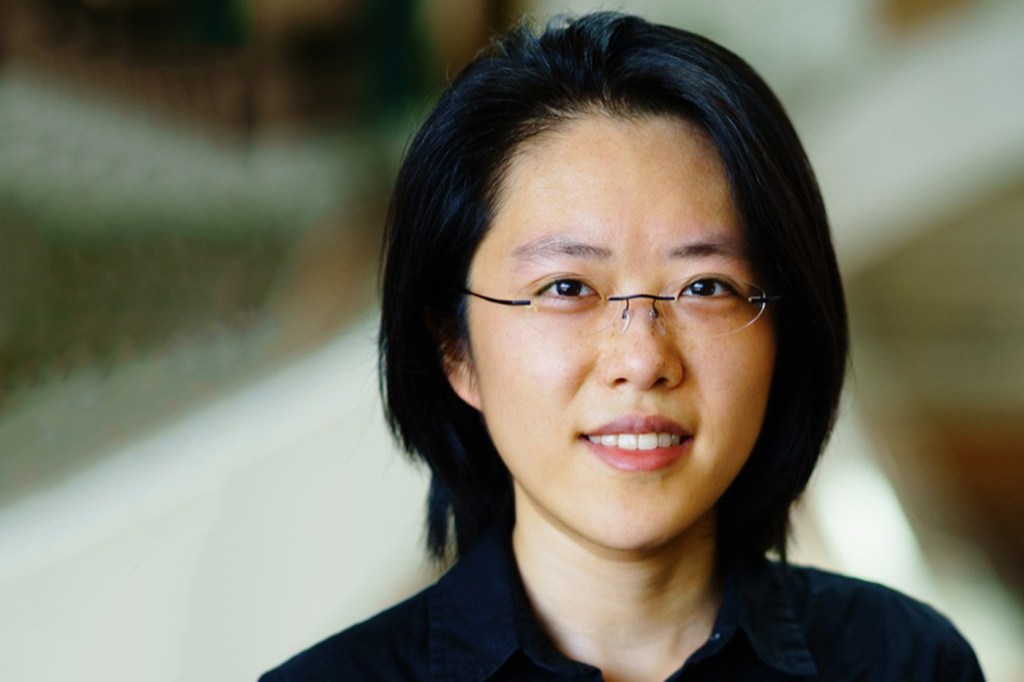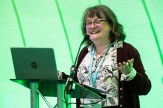Northeastern researcher at the forefront of global race to develop new form of clean energy

Sijia Dong, a Northeastern professor, has received a prestigious grant award from the U.S. Department of Energy to explore algorithms for simulations on quantum computers that may further the pursuit of renewable energy sources.
Dong was among the recipients of $11 million in federal funding for 15 projects in exploratory research across a variety of fields that include high-end computing, scientific machine learning and artificial intelligence.
“These projects will help us find promising directions to realize the full potential of scientific computing from emerging technologies,” said Ceren Susut, DOE acting associate director of science for advanced scientific computing research.
Dong will apply her grant award to develop quantum algorithms for enabling quantum chemical simulations of macromolecules that may be leveraged for solar energy harvesting and conversion.
“In photosynthesis, a plant can convert solar energy to make sugar, a chemical that can help the plant survive,” says Dong, an assistant professor of chemistry and chemical biology as well as affiliated faculty of physics and chemical engineering at Northeastern. “If we can do something like this artificially — convert the solar energy into chemical energy to make materials or useful chemicals — then that will be very helpful for society.”
At the Dong Theoretical and Computational Chemistry Lab, which she operates at Northeastern, Dong and her team have been using traditional digital computers to simulate the photochemistry of macromolecules and materials, which could serve as a useful front in the global race to develop new forms of clean energy.
“Simulating this fully quantum mechanically with few approximations on a classical computer is a hard problem computationally,” Dong says. “If we can succeed in doing these simulations on a quantum computer, then that will greatly accelerate the capability of developing molecules and materials for solar energy harvesting and conversion.”
Dong is confident that the power of quantum computing will help her team advance toward its goal within the two-year window allotted by the DOE funding.
“This project opens up a lot of possibilities for my group and for this field to do simulations of the electronic structure and dynamics of macromolecules,” Dong says. “The award allows us to take a different route by trying to achieve the simulations on a quantum computer, which is really exciting.”
Ian Thomsen is a Northeastern Global News reporter. Email him at i.thomsen@northeastern.edu. Follow him on Twitter @IanatNU.






